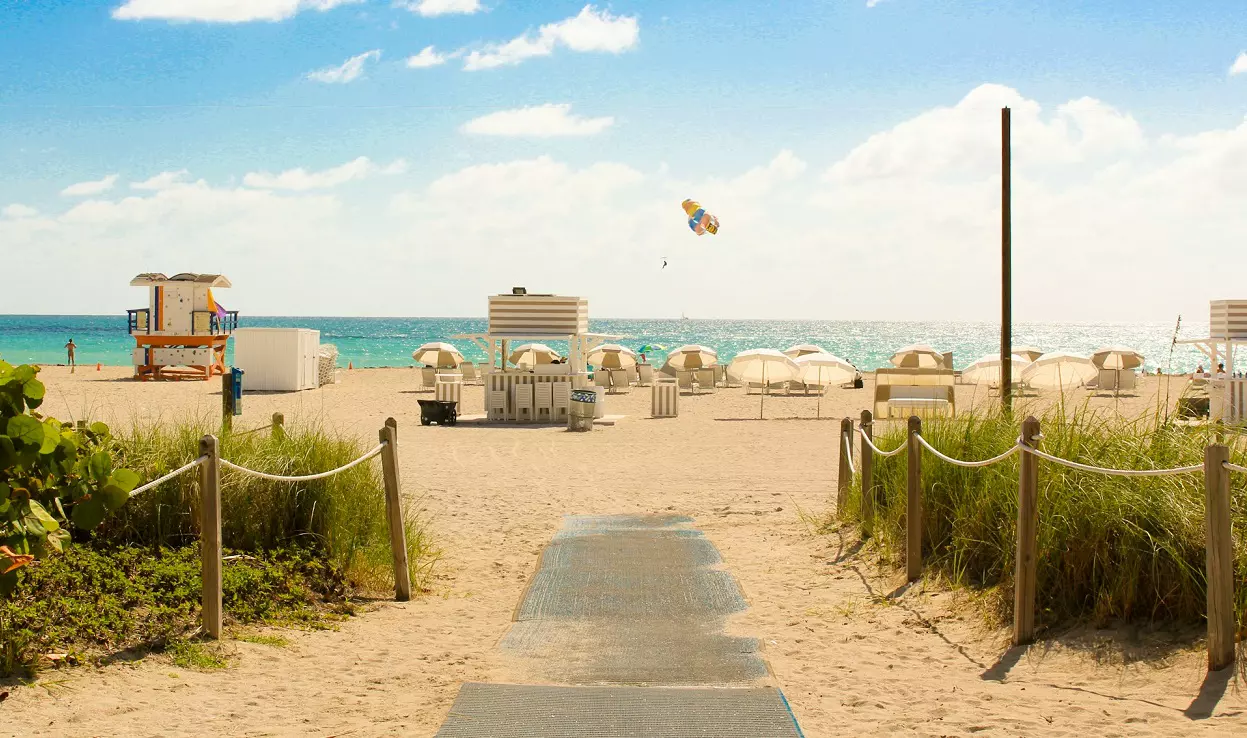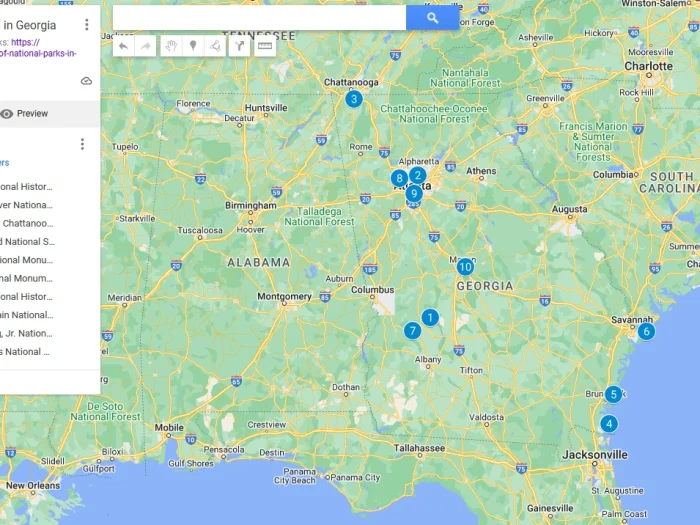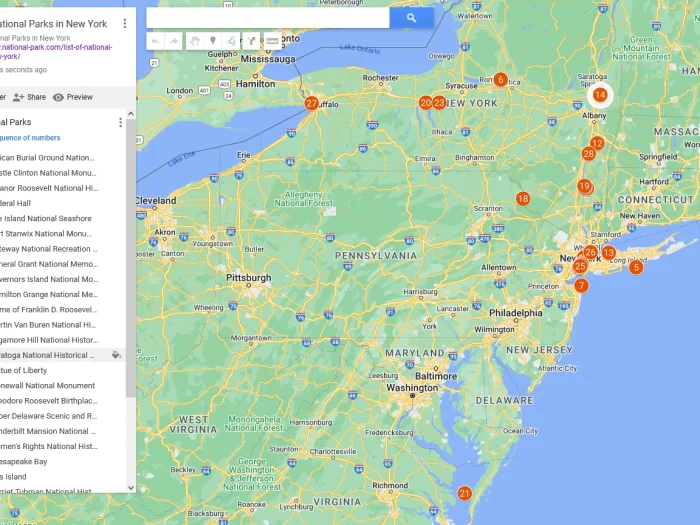Traveling to Sunny Florida? Here’s How to Stay Safe and Know Your Rights
Florida is one of the top travel destinations in the United States—and for good reason. With its stunning beaches, vibrant nightlife, and world-famous attractions like Walt Disney World and the Everglades National Park, there’s something for everyone in the Sunshine State. But before you pack your bags, it’s important to plan ahead, stay safe, and understand your legal rights while you’re there.
Whether you’re a first-time visitor or a seasoned traveler, this guide will help ensure your Florida vacation goes smoothly.
1. Stay Safe in the Sun and Heat

Florida is famous for its sunshine, but the heat and humidity—especially during summer months—can pose serious health risks.
Tips for Staying Cool and Protected:
- Hydrate constantly: Carry a reusable water bottle and drink frequently.
- Wear sunscreen: Use SPF 30+ and reapply every two hours, especially after swimming.
- Dress appropriately: Lightweight, light-colored clothing and hats can protect you from UV rays.
- Know the signs of heat exhaustion: Fatigue, dizziness, nausea, and heavy sweating are red flags.
2. Weather and Hurricane Preparedness
Florida’s tropical climate means sudden storms and hurricanes are possible, particularly from June through November.
How to Prepare:
- Check forecasts regularly: Use reliable sources like the National Weather Service.
- Know evacuation routes: Especially important if you’re staying near the coast.
- Sign up for alerts: Emergency alert systems can provide real-time updates on severe weather.
- Travel insurance: Make sure it covers trip cancellations or delays due to weather.
3. Beach and Water Safety
With over 1,300 miles of coastline, Florida’s beaches are a major attraction—but they can also be dangerous.
Safety Tips:
- Swim near lifeguards: Always the safest option.
- Watch for rip currents: Look for warning flags and ask locals or lifeguards if you’re unsure.
- Stay sober in the water: Alcohol impairs judgment and increases risk.
- Be cautious with wildlife: Jellyfish, stingrays, and even sharks may be present in some waters.
4. Know Your Rights When Interacting With Law Enforcement
Florida law can differ from other states, especially regarding searches, arrests, and self-defense laws. As a visitor, it’s crucial to know your rights in case you encounter law enforcement.
Key Legal Points:
- You have the right to remain silent: If questioned by police, you can decline to answer without an attorney present.
- You do NOT have to consent to a search: Unless officers have a warrant or probable cause.
- Florida is a “Stand Your Ground” state: Be aware of this controversial law, especially if you feel threatened.
- DUI laws are strict: Florida enforces zero tolerance for underage drinking and driving. Legal BAC limit is 0.08% for adults.
5. Understand Local Laws and Customs
Each city or county may have specific rules, so it’s helpful to research the area you’ll be visiting.
Important Laws to Know:
- Open container laws: Drinking alcohol in public is generally prohibited unless in designated areas.
- Marijuana: Recreational use is illegal in Florida, even if legal in your home state.
- Public conduct: Disorderly conduct, public intoxication, and indecent exposure are taken seriously and can lead to arrest.
- Driving laws: Speed limits and texting while driving laws are strictly enforced.
6. Know Your Rights as a Traveler
If something goes wrong during your trip, you have rights as a traveler and consumer.
Travel Rights You Should Know:
- Hotel Issues: If a hotel doesn’t meet promised standards, you may be eligible for a refund or compensation.
- Flight Delays/Cancellations: Airlines may owe you compensation depending on the cause of the delay.
- Rental Cars: Review contracts carefully. You don’t have to purchase all optional insurance if your personal policy or credit card covers you.
- Injuries or Accidents: If you find yourself injured due to someone else’s negligence while visiting Florida, you have legal rights—even as a tourist. That’s where having access to local legal professionals can be invaluable. Lytal, Reiter, Smith, Ivey & Fronrath LLP is a Florida-based law firm that specializes in personal injury and wrongful death cases. They’ve been serving the community for decades, helping people get justice and compensation for injuries resulting from car accidents, medical malpractice, unsafe premises, and more.
7. Emergency Contacts and Helpful Resources
Always be prepared in case of an emergency.
Keep These Numbers Handy:
- 911 – For any emergency
- Florida Visitor Safety Line: 1-800-96-ABUSE (for reporting suspected abuse or crimes)
- Local Tourist Offices – For local safety alerts and travel tips
Final Thoughts
Florida is a beautiful and diverse place to explore, offering unforgettable experiences from coast to coast. But like any travel destination, it comes with its share of challenges. By staying alert, knowing your rights, and taking a few extra precautions, you can enjoy your trip to the Sunshine State with peace of mind.
Safe travels, and enjoy your Florida adventure!






